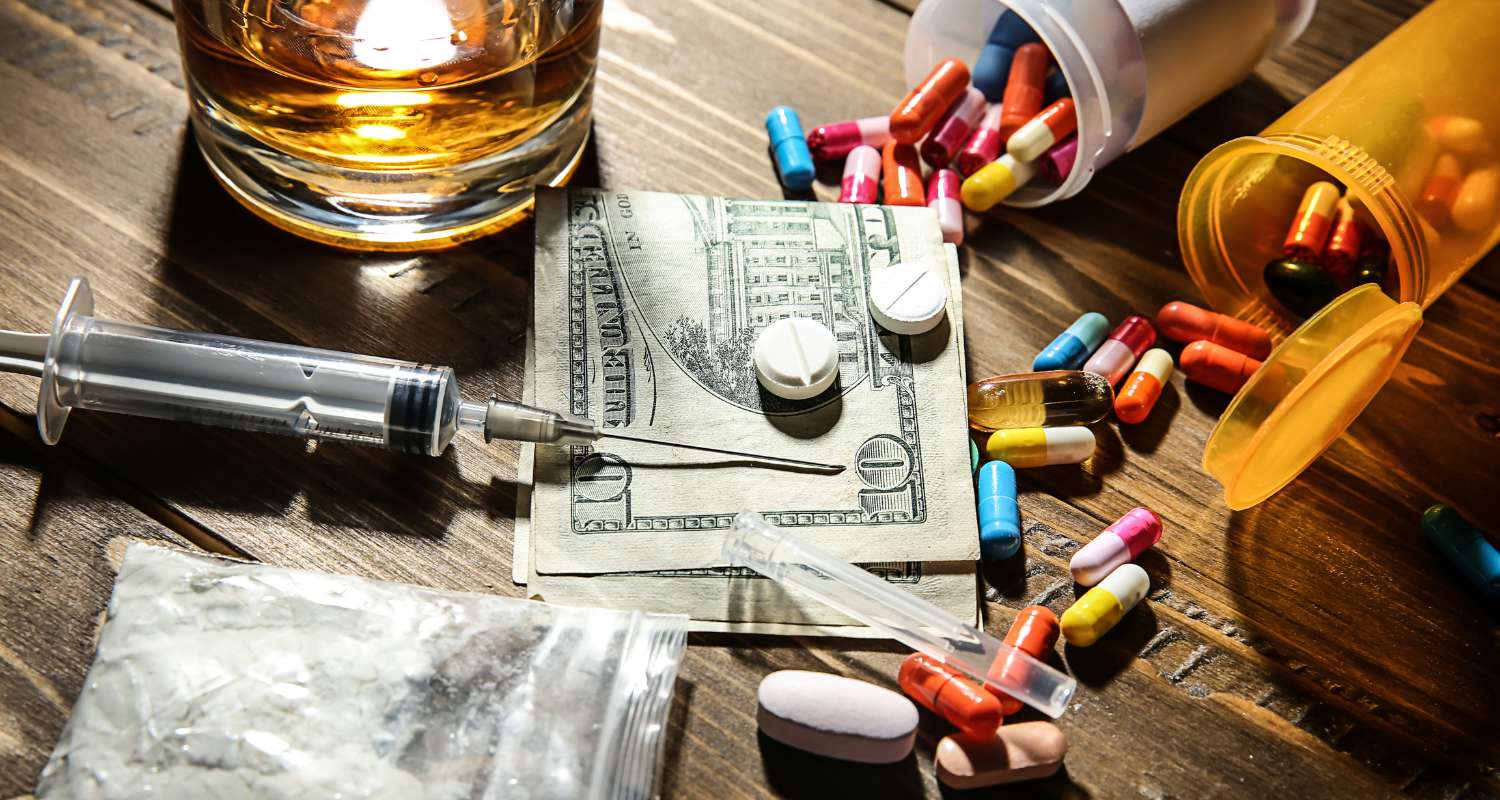
Schedule 1 drugs are controlled substances classified by the federal government and Florida law as having no accepted medical use and a high potential for abuse. This classification, determined by the Drug Enforcement Administration (DEA) and its Diversion Control Division, places these substances at the top of the drug scheduling system, above other categories like Schedule II drugs, Schedule III drugs, Schedule IV drugs, and Schedule V drugs.
While the DEA’s focus is on regulating narcotics and other substances to prevent severe psychological or physical harm, individuals charged with possessing, manufacturing, or distributing these substances often face harsh penalties.
At Buda Law, we understand how these charges can impact your future. If you or a loved one has been charged with a crime involving Schedule 1 drugs in the Tampa, Florida area, contact us today at (813) 322-2832 to discuss your options and begin building a strong defense.
What are Schedule 1 Drugs?
Under the Controlled Substances Act, Schedule 1 drugs are classified as substances with no currently accepted medical use and a high potential for abuse.
Compared to Schedule II drugs, Schedule III drugs, Schedule IV drugs, and Schedule V drugs, which vary in their potential for abuse and accepted medical applications, Schedule 1 drugs are considered the most dangerous controlled substances. They are also believed to carry a significant risk of physical dependence, making them the strictest category under federal law.
Are Schedule 1 Drugs the Worst?
Yes, Schedule 1 drugs are considered the most dangerous controlled substances due to their severe psychological effects and high dependency potential. Unlike drugs in lower schedules, such as those with a moderate to low potential for abuse (like Schedule III, IV, or V substances), Schedule 1 drugs pose the greatest risk of physical and psychological dependence.
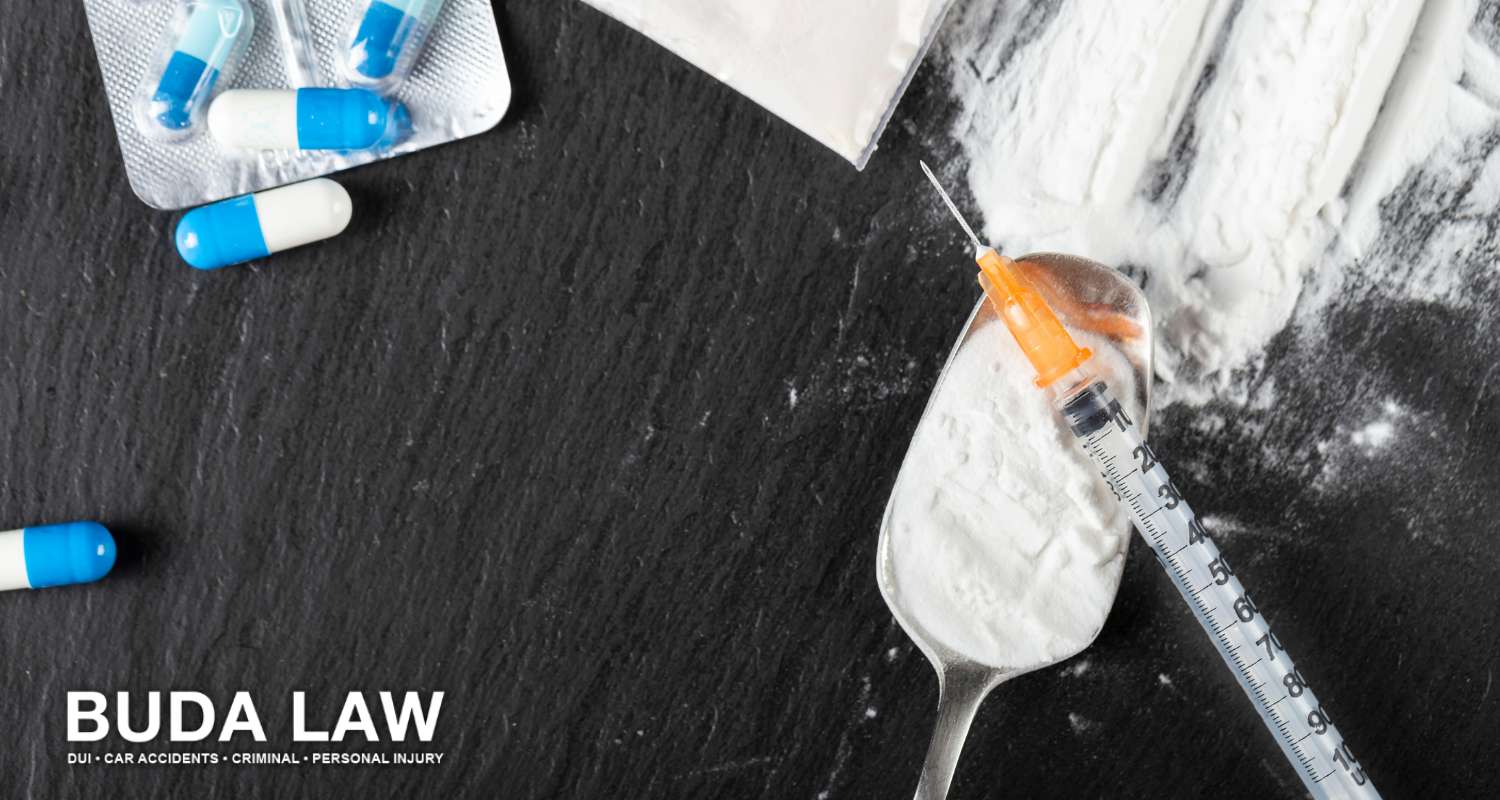
Can Schedule 1 Drugs Be Prescribed?
No, Schedule 1 drugs cannot be prescribed because they are classified as having no currently accepted medical use under federal law. This distinguishes them from substances in lower schedules, which may have acceptable medical applications despite their varying levels of abuse potential.
For example, anabolic steroids are listed under Schedule III due to their controlled but recognized medical use. In contrast, Schedule 1 drugs are entirely excluded from medical treatment and remain tightly regulated, meaning they cannot be prescribed.
Schedule 1 Drug Examples
Schedule 1 drugs include substances listed like heroin, LSD, ecstasy (MDMA), psilocybin (magic mushrooms), and synthetic cannabinoids. Marijuana is also federally classified as a Schedule 1 drug, despite debates about its medical use.
These controlled substances are identified based on their basic or parent chemical composition, lack of acceptable medical use, and high potential for abuse. Drug scheduling provides comprehensive listings of these substances, referencing their unsuitability for human consumption and strict regulation of dosage units.
Full List of Schedule 1 Drugs
There are a large number of controlled substances that fall under the list of Schedule 1 drugs. The list includes opioids and synthetic opiates like heroin and fentanyl analogs, hallucinogens such as LSD, MDMA, and magic mushrooms, cannabis and synthetic cannabinoids, stimulants, and various other psychoactive substances. The full list of Schedule 1 Drugs can be found under section 893.03 of the Florida Statutes.
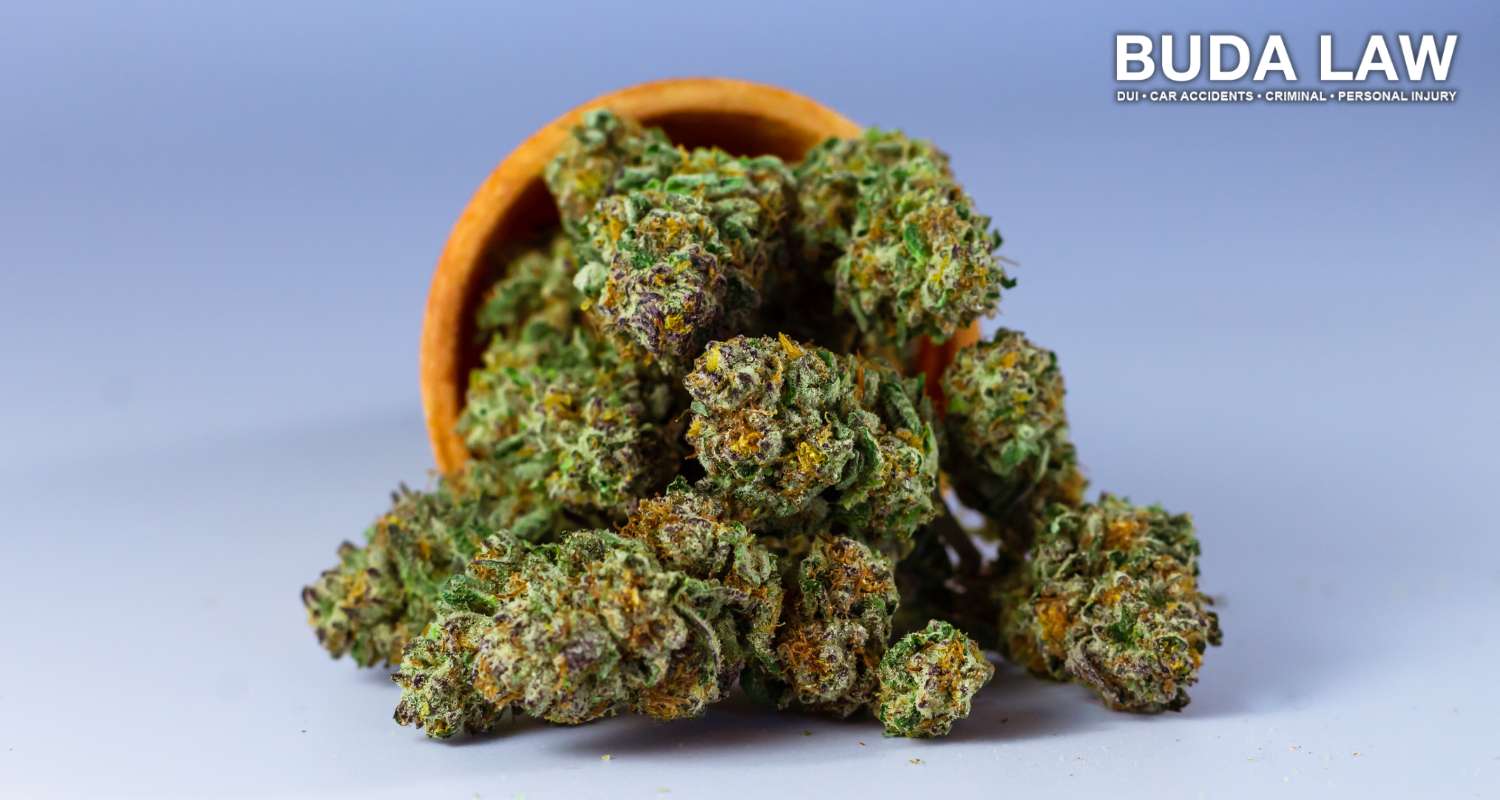
Controversy Surrounding Marijuana as a Schedule 1 Drug
The classification of marijuana as a Schedule 1 drug remains highly controversial, especially given its approved medication uses for certain diagnoses in states like Florida. This can make matters confusing, as drug scheduling labels marijuana as having no acceptable medical use and a high potential for abuse, yet state laws permit the drug’s acceptable medical use in limited quantities for medical purposes.
This discrepancy highlights the conflict between federal and state laws regarding controlled substances. While other drugs with recognized medical applications are assigned to lower schedules based on dosage unit and potential for abuse, marijuana’s inclusion in Schedule 1 continues to spark debates about its medical value and regulation.
Penalties for Schedule 1 Drug Charges in Florida
The penalties for drug charges involving Schedule 1 substances in Florida depend on various factors, namely the type of crime allegedly committed and the amount involved. Possession of any Schedule 1 drug, such as heroin, LSD, MDMA (ecstasy), or fentanyl analogs, is classified as a felony offense, with sentences varying depending on the circumstances of the case.
Selling, manufacturing, distributing, or possessing with intent to sell, manufacture, or distribute these substances carries even harsher consequences, typically either second or third-degree felony charges. If the amount of the drug in question exceeds 10 grams, the charge may escalate to a first-degree felony. If convicted of drug trafficking in Florida, which involves large quantities, mandatory minimum sentences apply—ranging from 3 to 25 years in prison and fines from $50,000 to $750,000, depending on the amount involved. If the trafficking crosses state lines, the defendant may also face federal criminal charges, which may bring even harsher penalties.
Additionally, penalties can be further enhanced if the offense occurs near a school, park, or church, if a minor is involved, or if a firearm is present during the crime. Needless to say, if you’re facing a Schedule 1 drug charge in Florida, you need a strong legal defense. Tampa drug crime attorney Andrew Buda at Buda Law is here to advocate for you and fight for the best possible outcome given the circumstances of your case. Call today.
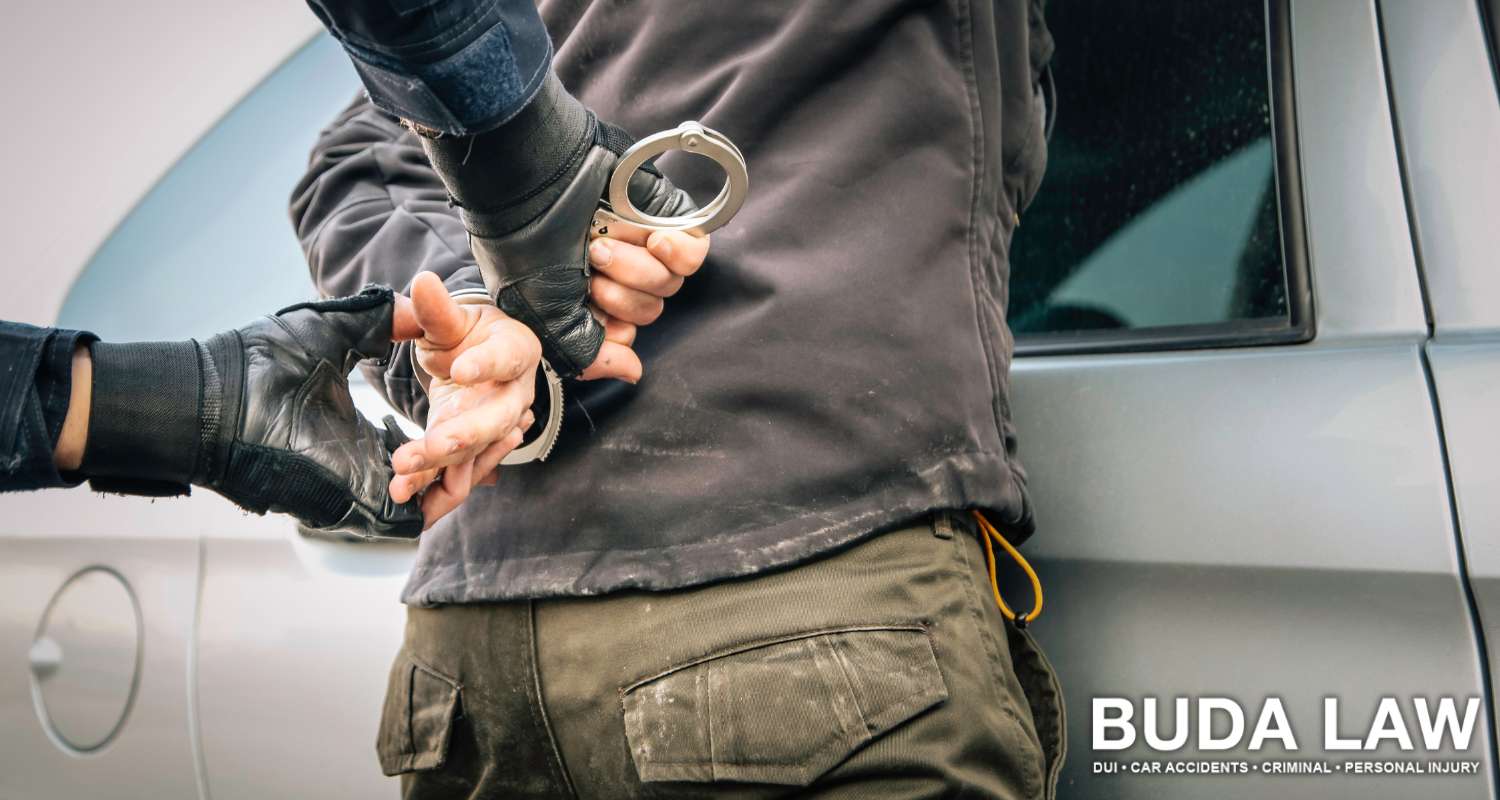
Collateral Consequences of a Florida Drug Conviction
A Schedule 1 drug conviction carries more than just prison time and fines—it can have life-altering collateral consequences that follow you long after serving your sentence. For instance, a felony conviction in Florida can make it difficult to find employment, as many employers hesitate to hire individuals with a drug-related criminal record. Housing opportunities can also be affected, as landlords often conduct background checks and may deny rental applications. If you’re a student, a conviction can lead to loss of financial aid, scholarships, and even expulsion from educational institutions.
What’s more, a felony drug charge can result in permanent loss of firearm rights, professional license revocations, and immigration consequences for non-citizens, including deportation. Even after completing your sentence, the stigma of a felony drug conviction can make it difficult to rebuild your life, severely limiting opportunities for financial stability and personal growth.
Why You Need a Tampa Criminal Defense Lawyer
Facing drug charges under Florida’s drug schedules is a serious matter that can have life-changing consequences, especially for Schedule 1 drug offenses. Florida law classifies these substances as having a high potential for the drug’s abuse, which leads to aggressive prosecution and harsh penalties, including felony convictions, steep fines, mandatory prison time, and a permanent criminal record. Even a minor possession charge can disrupt your life, affecting your employment, housing, education, and even professional licenses.
Without a skilled Tampa criminal attorney on your side, you risk facing the full force of the legal system without a strong defense. An experienced lawyer like Andrew Buda can challenge the prosecution’s case, question evidence, negotiate reduced charges, and fight to protect your rights, your freedom, and your future.
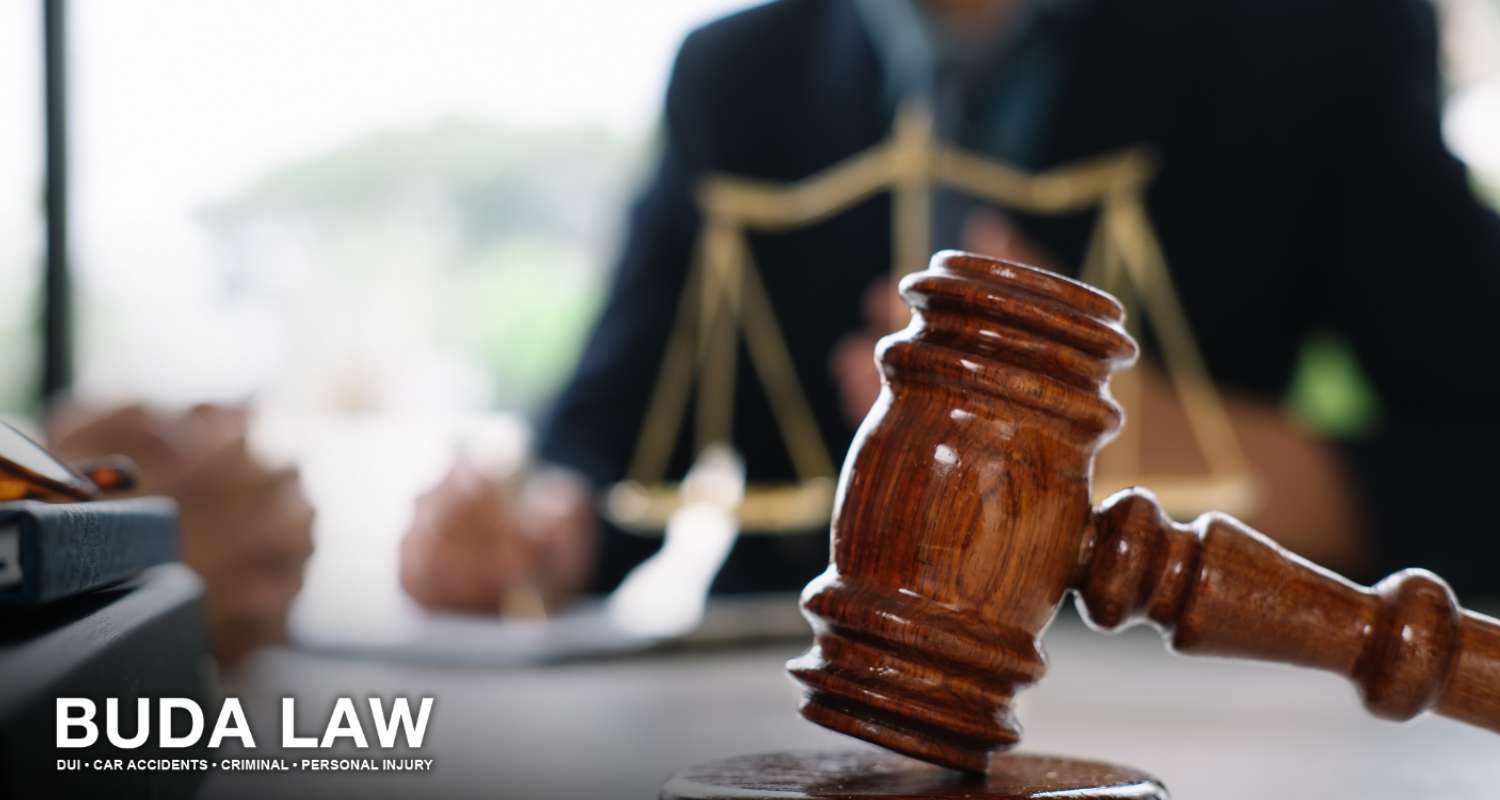
Facing Tampa Drug Charges? Call Andrew Buda at Buda Law ASAP
Schedule 1 drug charges are some of the most serious offenses you can face, with severe penalties that can impact your life for years to come. That’s why having skilled legal representation is essential to protect your rights and fight for the best possible outcome.
At Buda Law, we are fully equipped to handle these complex cases and provide the aggressive defense you need. Don’t let drug charges define your future—contact Attorney Andrew Buda at Buda Law by calling (813) 322-2832 today for experienced legal defense in Tampa and let us help you take the first step toward resolving your case.
